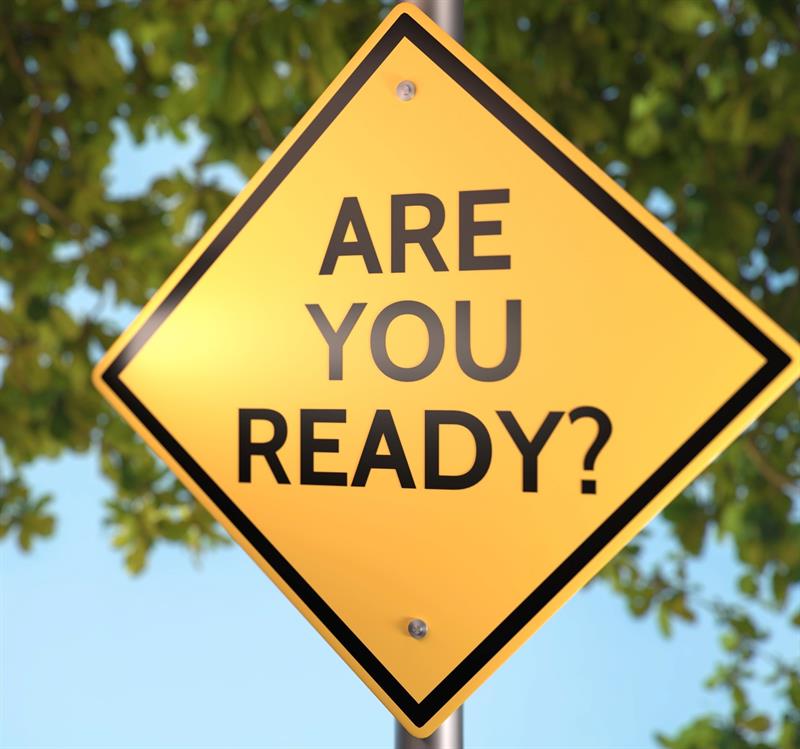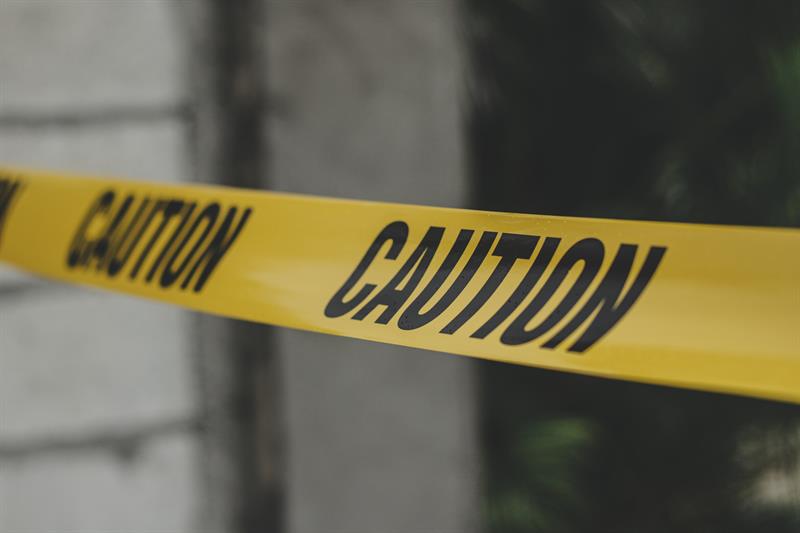How to Financially Recover from Disasters
Adapted from the FDIC’s Money Smart Program
No one is ever 100% prepared for a disaster. But you can be proactive, ready, and prepared to take action to help the recovery process go smoothly in the event you are faced with a disaster.

Home
-
Continue making house payments. If you think you’ll miss a payment, be sure to contact your lender/landlord as soon as possible! They may be able to offer some flexibility. Reaching out is important so that you avoid or limit the negative impact to your credit score.
-
Assess and document any damage in writing and with photos.
-
Contact your insurance provider(s) about damage to your home and if you rent, contact your landlord.
Income/Job
- Contact your employer to inform them of your situation.
- Contact your benefits provider if you receive public benefits (pension or disability).
- Keep track of how many days of work you miss, how much money you would have earned, and how many days you are unable to live at home due to the disaster.
- NOTE: This could be relevant for taxes and insurance.
- Explore public benefits you may be eligible to receive because of the disaster.
- Visit Benefits.gov or DisasterAssistance.gov for more information.
Bills/Expenses
- Continue paying your bills. Paying late or not paying at all can result in fees, interest charges, and damage to your credit scores.
- Contact the post office and let them know where to deliver your mail. You want to make sure you receive bills and other important correspondence.
- Note: This will help limit the risk that others can access mail that may include your personal or financial information.
- Contact your financial institutions and find out what flexibility or support they can offer you.
- Contact your utility company, credit card company, and loan providers. Make sure they have your current contact information and mailing address. Discuss your situation and what flexibility they can offer on the amount and timing of upcoming payments. They may work with you on a solution, but it’s important to contact them as soon as possible and explain your situation.
- Keep records of what you spend and save receipts.
- Assistance programs or your insurance company may reimburse you for some of those expenses.
- Access assistance programs that provide help to people affected by disasters. Shelter, food, and other necessities they provide will reduce the expenses you need to provide.
Protecting Your Money
- Get and review your credit reports. Look for errors that indicate your identity has been stolen, such as accounts you do not recognize.
- Contact your financial institution to report lost cards. For example, if you cannot find your credit card, ask your credit card provider to cancel it and send you a new one.
- Contact your local DMV if you lost your driver’s license or state-issued ID card. Although a driver’s license or other ID is not money, someone could use your identification to commit fraud which may involve money.
- Find a safe place for the financial information, cash, and valuables you took with you, if you evacuated.

Watch Out for Scams
It’s important to know that not everyone who offers to help during/after a disaster is a legit source of help. Some are in it to scam people in their time of need. So be on the lookout for scams and/or deals that seem too good to be true. Being cautious can ultimately help protect you from these scams.
To avoid scams:
- Research organizations you are not familiar with. Ask for local references and read about other’s experiences with the company.
- Protect your information. Avoid sharing your Social Security number, bank account information, or other personal information.
- If someone asks you to share that information, ask why they need it, how it will be used, how they will protect it, and what happens if you don’t share it.
- Monitor your credit reports.
- NOTE: You have the right to one free credit report every 12 months from each of the three nationwide credit reporting agencies.
- Read scam alerts and report scams. The Federal Trade Commission (FTC) maintains a running list of scams at www.consumer.ftc.gov/scam-alerts.
- You can report scams on the FTC site, too.
The best way to help protect yourself financially against natural disasters is to be prepared so you can recover from unexpected emergencies smoothly and efficiently. For more tips on how to prepare your finances for a natural disaster, click here. You can also learn more about ways a natural disaster can affect your finances, here.
